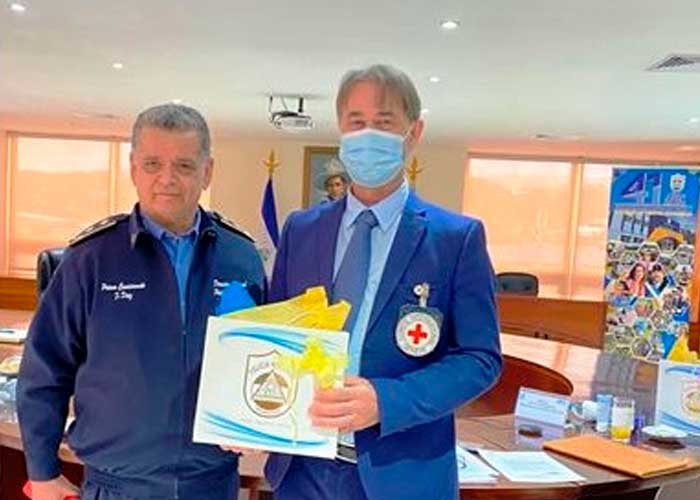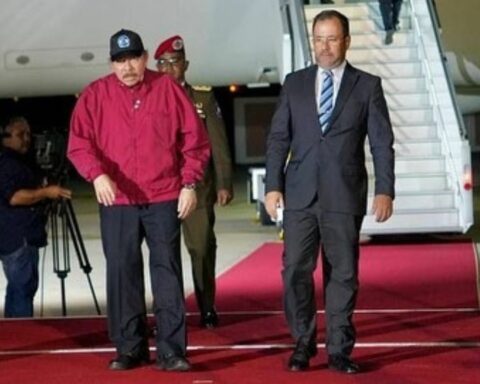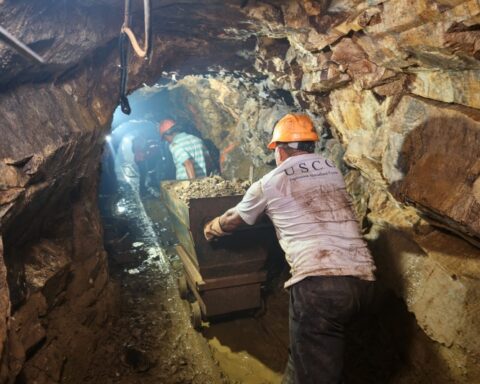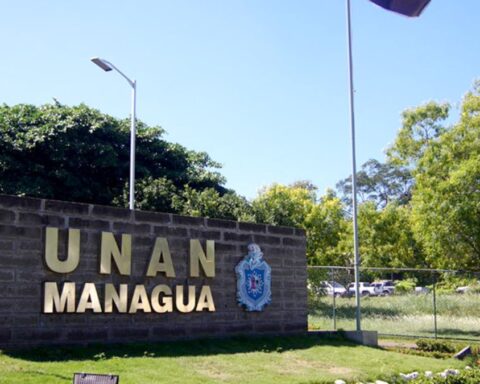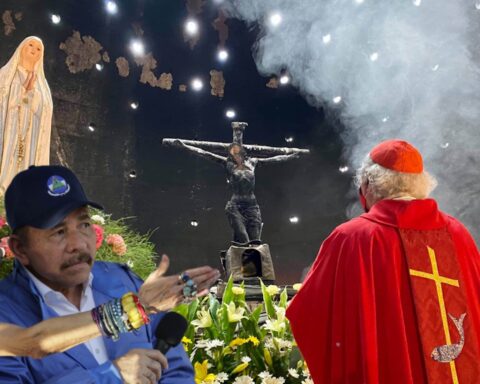The regime of Daniel Ortega and Rosario Murillo ordered the expulsion of Thomas Ess, head of mission of the International Committee of the Red Cross (ICRC), the only international organization that would have access to visits to political prisoners in the different prisons of Nicaragua.
“The International Committee of the Red Cross confirms that it received a letter in which the Government of Nicaragua notifies that it decided to withdraw the approval of our head of mission in Nicaragua,” the ICRC said in response to inquiries from CONFIDENTIAL.
The ICRC also stated that they received the government letter earlier this week, but they do not know the reasons why the decision was made, which “took them by surprise.”
The untimely withdrawal of the “approval” of the Ortega-Murillo regime comes a week after the regional head of the ICRC for Mexico and Central America, Jordi Raich, received, at the hands of the Ortega chancellor Denis Moncada, the order “José de Marcoleta, in the degree of Grand Cross”, for having maintained “a respectful collaboration” and a “vision of accompaniment to the Government’s priorities”.
ICRC continues to operate in Nicaragua
The ICRC spokesperson clarified to CONFIDENTIAL that, despite the withdrawal of Ess, who is already outside the country, “the ICRC office in Nicaragua continues to operate.”
In addition, he indicated that as an organization they ratify “their commitment to continue their humanitarian work in Nicaragua, adhering to their principles of neutrality, impartiality and independence.”
Since March 2019, the ICRC has carried out a mission to monitor political prisoners and released prisoners in Nicaragua, to ensure that international humanitarian standards are respected, at the request of the Civic Alliance for Justice and Democracy (ACJD), after the dialogue that the Ortega-Murillo regime accepted on that date with the different sectors of the opposition.
Currently, in Nicaragua there are more than 170 political prisoners in the different prisons of the country. Relatives of prisoners of conscience who are in the Evaristo Vásquez Police Complex, known as El Chipote, have denounced the constant deterioration in the health of their incarcerated relatives, who have lost weight due to poor nutrition, lack of medical care, poor access to hours of patio and sun, prolonged isolation and inhumane conditions in their cells.
Earlier this week, the relatives of the prisoners of conscience who are imprisoned in El Chipote indicated that the ICRC asked the regime to enter El Chipote to learn about the situation of the political prisoners, but the authorities have denied them access.
“The latest information we had is that the ICRC, specifically the Directorate of Judicial Assistance, has been systematically denied entry, despite having made different efforts,” said Ana Lucía Álvarez, sister of political prisoner Tamara Dávila, in a press conference they offered on March 21 as relatives of political prisoners.
Álvarez also recalled, given the state’s refusal, that “the ICRC fulfills a humanitarian mandate, which is to corroborate the state and condition of our relatives, in addition to the conditions in which they find themselves.”
The ICRC, in compliance with its mandate, does not publicly report on its efforts or visits to political prisoners. Only the relatives of each prisoner of conscience, who previously request the efforts of the international organization, can access the information they collect. Visits to prison centers are previously managed with the Government, which is the one that decides whether or not to grant authorization.

